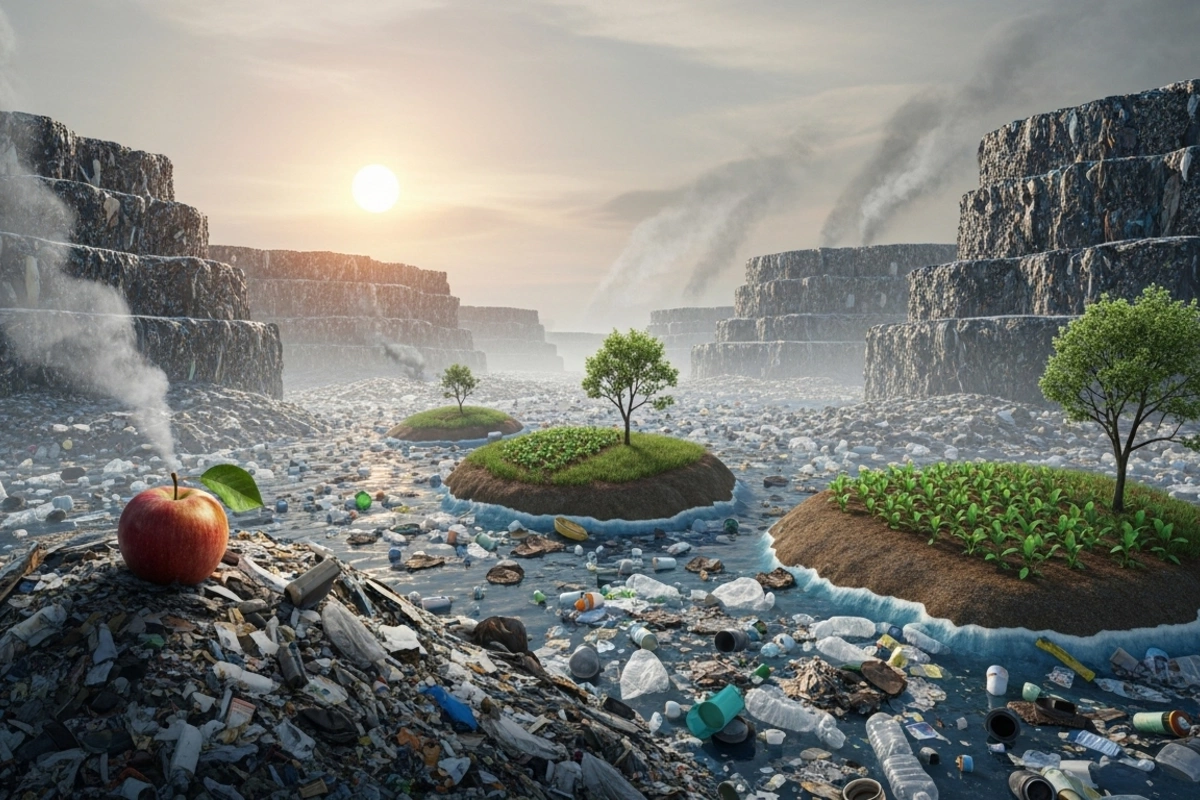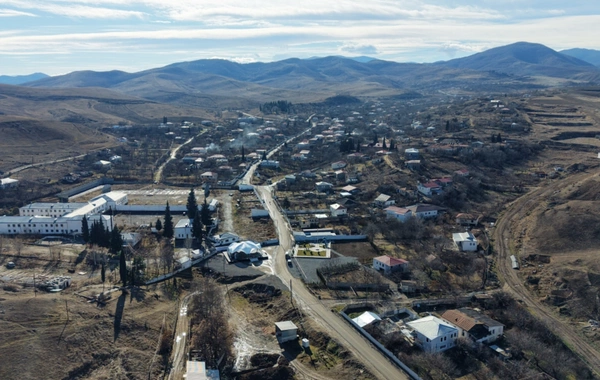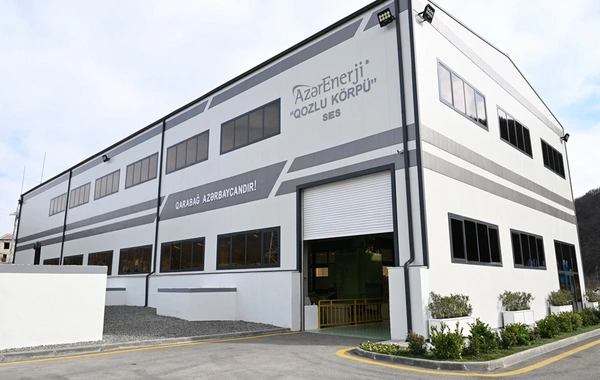The planet is turning into a dump: there is more garbage than food

The world is rapidly drowning in waste. What seemed like a manageable problem just a few decades ago is now turning into a global catastrophe.
The amount of garbage on the planet is growing every year, and in some regions, the volume of waste already significantly exceeds the amount of food produced and available to people.
The Scale of the Problem
According to environmentalists' estimates, humanity produces billions of tons of garbage annually. A huge part of it is plastic, which practically does not decompose under natural conditions. Scientists warn: by mid-century, there may be more plastic waste on Earth than fish in the ocean. And this is not a metaphor, but a harsh forecast.
Landfills are growing, recycling facilities cannot cope, and some garbage is simply dumped into seas and rivers. As a result, waste returns to us - in water, air, and even food.
Why There's More Garbage Than Food
The main reason is mass consumption and irrational production. Companies produce millions of products in disposable packaging, and people daily throw away tons of food that could feed millions of hungry people.
Food spoils in warehouses, stores, and even in home refrigerators, while garbage does not disappear but only accumulates. The result is a paradox: hungry countries struggle for food crumbs, while developed nations spend billions on waste disposal that they themselves produce.
Consequences for the Planet and Humans
If the situation doesn't change, humanity faces an ecological and humanitarian crisis. Already, landfills emit dangerous gases, pollute soil and groundwater. In the oceans, entire "continents" of plastic bags and bottles are forming.
Human health is also at risk: toxins and microplastics enter the body, increasing the risks of diseases, including cancer and immune system disorders.
What Can Be Done
There is a way out of the crisis, but it requires efforts from everyone - from the average consumer to the largest corporations and governments.
Reduction of disposable product manufacturing.
Implementation of separate collection and waste recycling technologies.
Responsible consumption: buying only what is really needed.
Support for recycling initiatives and eco-friendly materials.
Today the planet is on the edge: garbage is becoming more abundant than food, and this is an alarming signal for all humanity. We must reconsider our own habits and consumption patterns, otherwise in the future there will be neither clean air, nor water, nor safe food.
Similar News
Two dozen countries refused Russian wheat
Exports of main types of Russian grain crops in the first half of the agricultural year decreased by 17.6 percent compared to the same period last season. As re...




 Azərbaycanca
Azərbaycanca  По-русски
По-русски  English
English 




